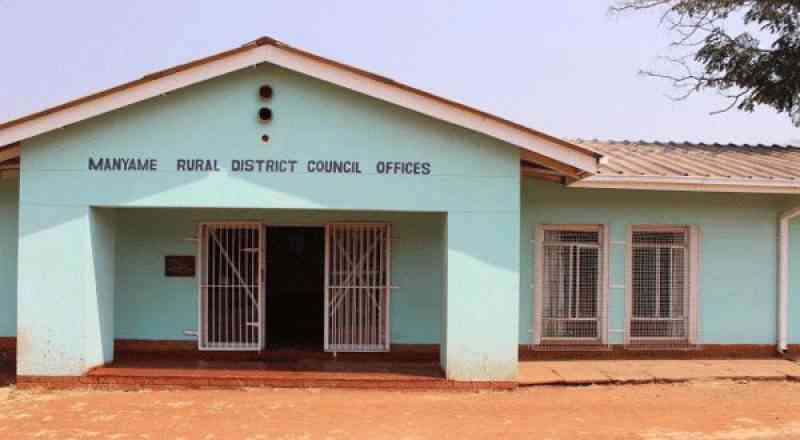
BY KUDAKWASHE TAGWIREYI ZIMBABWE has made significant strides in mitigating the effects of climate change after the Meteorological Services Department (MSD) received latest equipment to predict weather patterns.
This was revealed yesterday by Environment, Climate Change, Tourism and Hospitality minister Mangaliso Ndlovu in a speech to commemorate the World Meteorological Day in Harare.
“An institution like MSD is critical in saving lives and making sure that we are prepared to save our infrastructure. We realise that for quite some time, not enough attention has been given to this department,” Ndlovu said.
He said the department was now automated.
“We are now present at all our 47 weather stations where we have begun the process of upgrading the equipment that is there, and putting automatic weather stations. We will begin with installing radar, which is one of the five radar equipment which we purchased at head office.”
“All five will be installed by the end of the year. Radar equipment will ensure that accurate weather reports are attained in Zimbabwe. This equipment is paramount to societies that are mainly exposed to extreme weather patterns.”
Zimbabwe Red Cross Society secretary-general Elias Hwenga said: “The unavailability of timely and credible data within vulnerable communities is a persistent challenge that requires long-term investment in hydrological and meteorological services.”
He said there was need for timely and credible information to enable forecast-based early warning systems that are pivotal for disaster resilience and also enabled communities to reduce risks.
- Chamisa under fire over US$120K donation
- Mavhunga puts DeMbare into Chibuku quarterfinals
- Pension funds bet on Cabora Bassa oilfields
- Councils defy govt fire tender directive
Keep Reading
United Nations Development Programme (UNDP) deputy resident representative Madelina Majona said: “To date, hybrid weather forecasting through seasonal participating planning is helping at least 49 000 farmers under the Zimbabwe Resilience Building Fund to mitigate the effects of climate change and boost production.”
The country has been affected by climate change, which has caused volatile and frequent cyclones such as Cyclone Idai which ravaged communities in Chimanimani, Chipinge, Muzarabani and other parts of Manicaland and Masvingo provinces and left hundreds of people dead and thousands homeless.
- Follow us on Twitter @NewsDayZimbabwe











